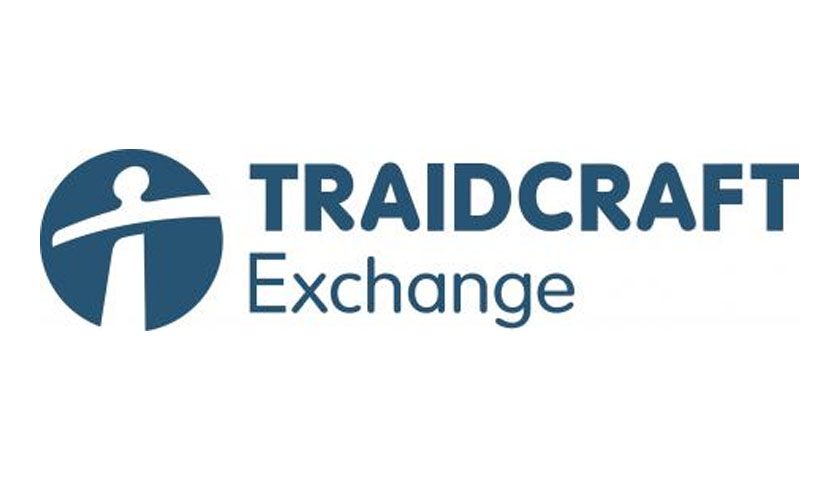New polling shows that British consumers feel strong negative emotions about fashion industry exploitation, and that they want the industry cleaned up so they can enjoy shopping without guilt.
More than two-thirds (68% percent) felt either ‘disgusted’ ‘sad’ or ‘angry’ about the fact that many garment suppliers in countries like Bangladesh were not paid during the first year of the pandemic, and more than a third felt guilt about the fact that their clothes are not made ethically.
The attitudes were revealed in a new poll carried out by Opinium on behalf of international development charity Traidcraft Exchange.
A third of British consumers polled said they lack the money to shop ethically, and three-quarters believed that they shouldn’t have to make these kind of buying decisions: that all clothes and shoes sold in the UK should be made without exploitation.
‘The polling shows that the British public care strongly about this subject,’ said Fiona Gooch, senior policy advisor for Traidcraft Exchange. ‘They want change but they don’t have the time and resources to resolve the issue themselves. They want the industry cleaned up so that they can shop for clothes and shoes with a clear conscience. Meanwhile the government is still sitting on the fence.’
The poll of public attitudes comes in the wake of a survey of suppliers to the fashion industry, commissioned by Traidcraft Exchange, where 41 out of 42 suppliers reported abusive contract breaches over the previous sixteen months.
‘These kind of breaches play a major part in creating the conditions for poor pay, unsafe working environments and precarious employment among the many millions of garment workers at the bottom of fashion supply chains,’ explained Gooch.
Earlier this year the Environmental Audit Committee recommended that the government set up a fashion watchdog to stop the abuse. A similar watchdog created for the supermarket industry has slashed exploitative industry practices since being created in 2013.
‘UK fashion brands’ purchasing practices are among the most abusive and least regulated in the world,’ said Gooch. ‘MPs have recommended a new fashion watchdog to clean things up. But the government has not yet responded, meaning that garment workers in India, Bangladesh and other countries are still having to risk COVID, work in unsafe conditions or face destitution.’
The recent survey of fashion suppliers carried out for Traidcraft Exchange reveals that the majority have experienced unethical and in some cases unlawful practices from high-street fashion brands over the past year.
Of 42 suppliers surveyed, 36 had had orders cancelled in the past year. Sixteen had payment terms extended by more than 60 days and more than two-thirds had had to reduce their work force as a result. Only six of those who experienced contract breaches got legal advice, with fear of jeopardising future business being cited as the main reason suppliers did not resist brand demands.
Suppliers listed many examples of abusive purchasing practices on condition of anonymity:
‘It was all the retailer’s way or no way. We were dictated to rather than being able to have a conversation with the retailer. They had no consideration of the cash flow of our business.’
‘We experienced changes to price, payment schedule and quantity. I often feel powerless with not much leeway to negotiate. There was a massive raw material increase and only one out of five [buyers] agreed to an increased cost price. We have to take less profit or no profit.’
‘When the pandemic hit I approached the retailers and asked what they wanted to do with the orders. Many orders were initially halved and I had fabric and garments sitting on the factory floor. I kept chasing over email but had no response from some retailers until September. I was left in the dark for 6 months.’
Suppliers pointed out that they could only adhere to fair wage policies if they were paid fairly by retailers:
‘There is a fair wage policy but this can only happen if we get fair prices for our goods which doesn’t happen in most cases. There should be a fair price policy. When we are challenged by the retailers for an unworkable price they then say that they are getting it from another supplier, there is no loyalty. We have no choice but to accept the terms forced on us by retail.’



